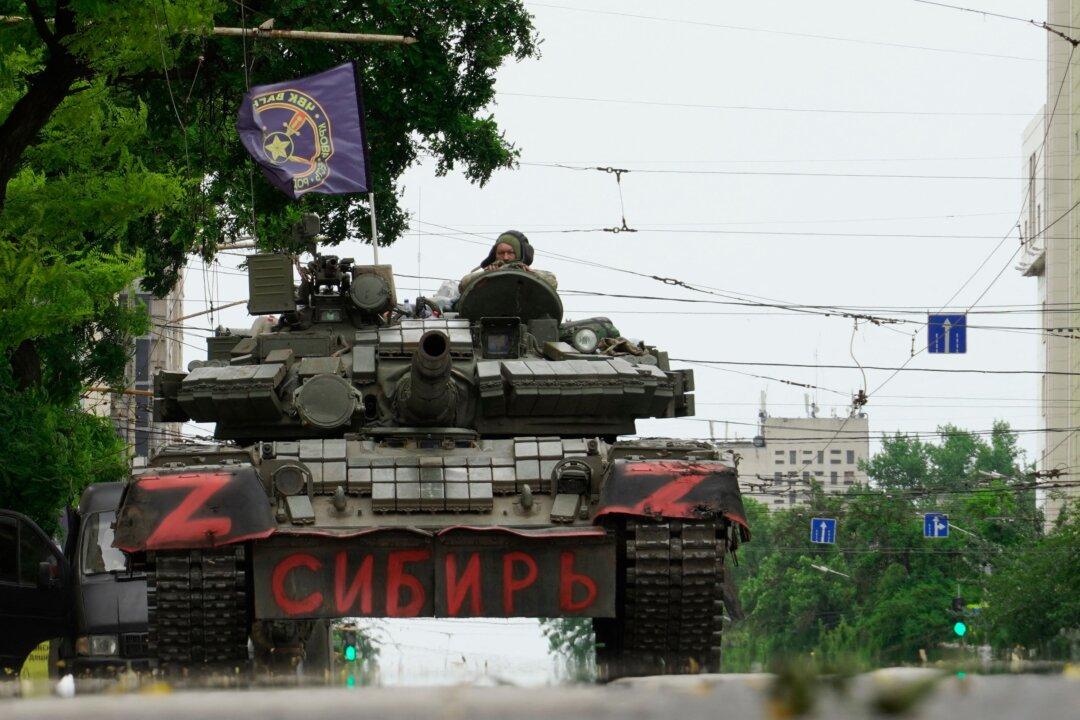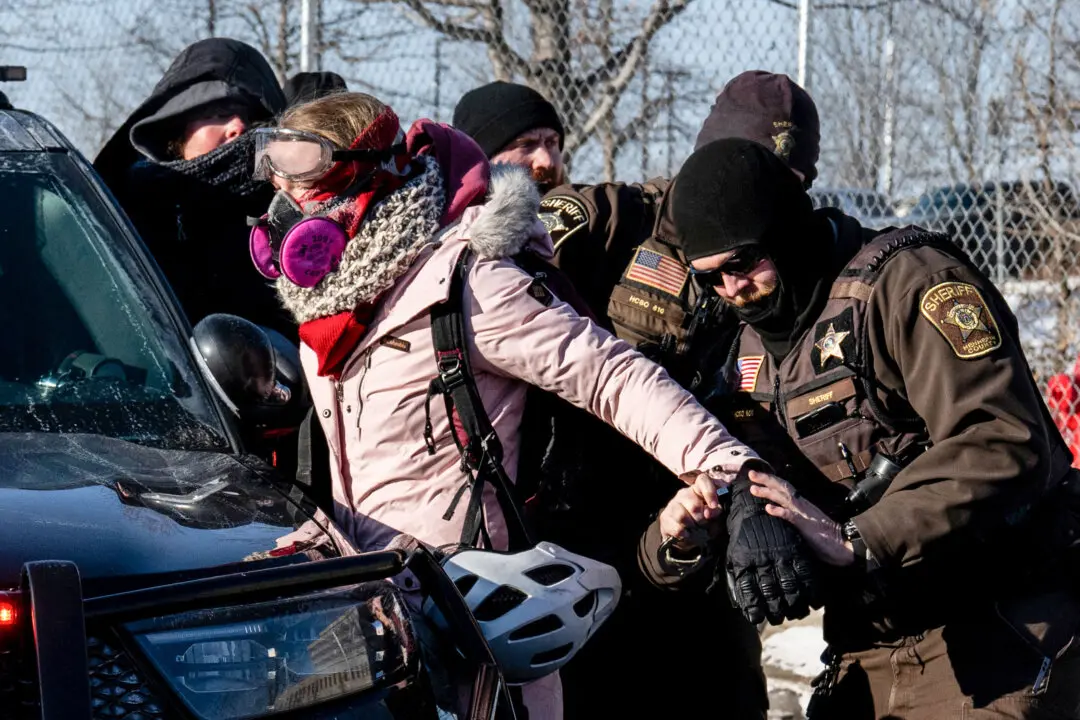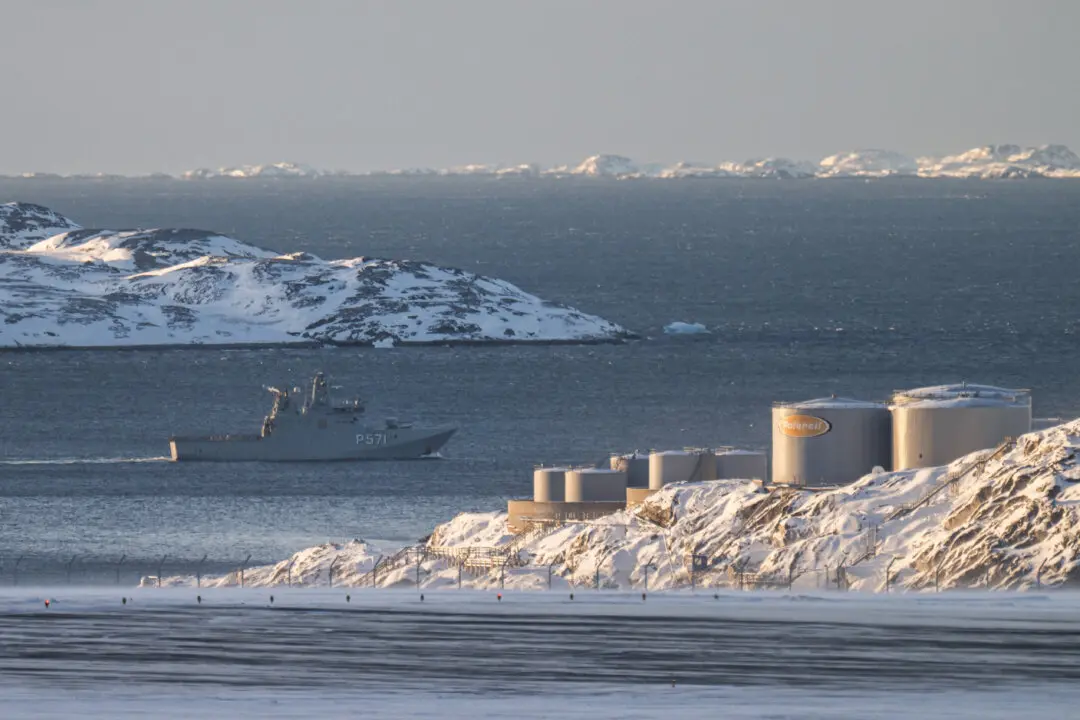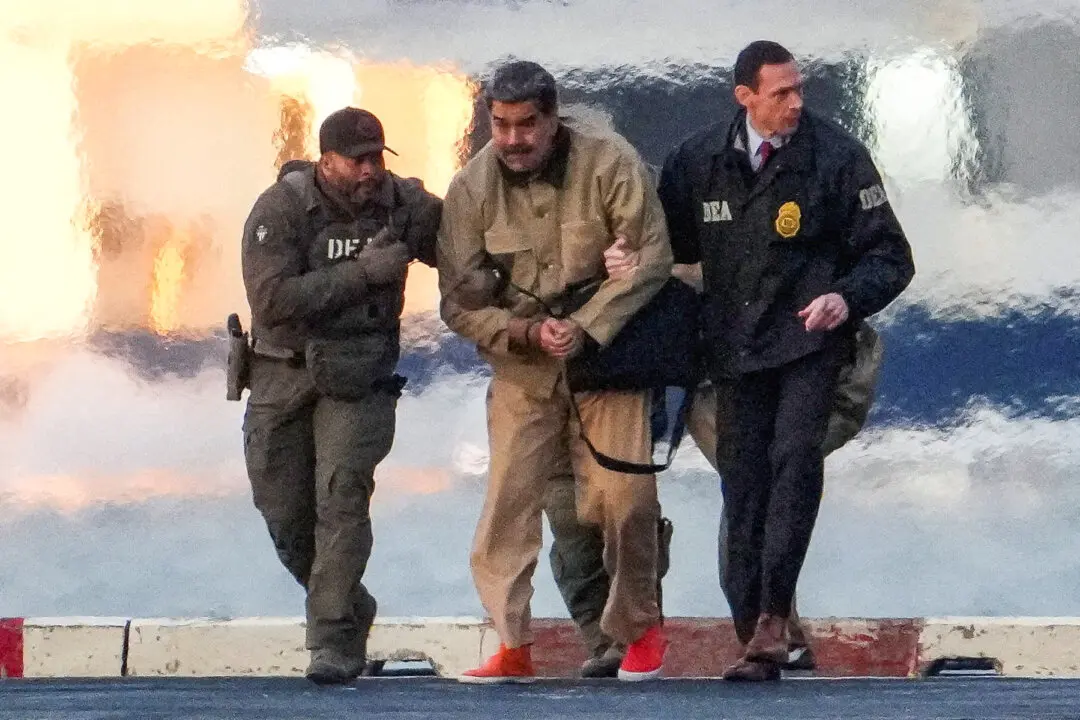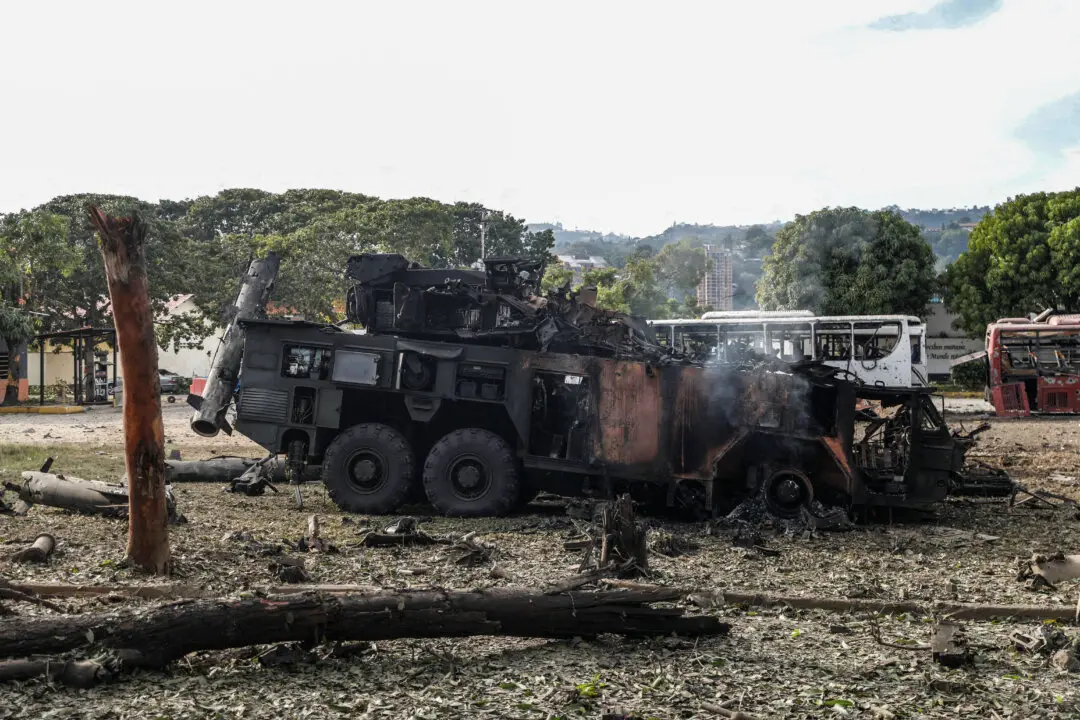Commentary
There’s no doubt that the brief, but significant armed mutiny by Wagner group leader Yevgeny Prigozhin damaged Vladimir Putin. Indeed the Moscow Times described Putin as being “seen as weakened.” Russia Today asked the question, “Was it a one-off or an ominous sign?” And the Russia Post headline identified “The Prigozhin Mutiny as a Moment of Truth for the Putin Regime.”
